Is an English-first Internet irrelevant for Digital Bharat?
Access to computers 50 years back was very limited. Only 10 per cent of Indians speak English, but almost all of them have access to the Internet. If we want the Internet to grow in the country, it should be available in Indian languages as well. That was the view of the industry experts who were part of the panel discussion on ‘50 years of Indic Language Computing – How relevant is an English first Internet for Digital Bharat?’.
The discussion, which took place on Day 2 of Internet and Mobile Association of India’s (IAMAI) India Digital Summit 2021, held on January 20, included Rajesh Kalra, Executive Chairman, Asianet News; Dinesh Agarwal, Founder & CEO, Indiamart; Sandeep Nulkar, Founder and CEO, BITS Private Limited, Co-founder, Vernac Language Technologies; and Arvind Pani, Co-Founder & CEO, Reverie Language Technologies.
Arvind Pani remarked, “English came to India because of British rule and has been an integral part of India since then. It is not about English versus Indian languages, but it is about the ease of accessing the Internet with Indian languages as we do with English language. Indians have adapted to this language and never thought about how do we go ground up on the Internet with Indian languages.”
Citing the case of China, Pani pointed out that when the Internet first came to China, it was in English, but they changed the game. “The Internet economy is so massive in China, contributing 7% to their GDP,” he added.
Speaking about Indiamart, Dinesh Agarwal said that initially Indiamart was in English, because all of it was for the export-import business. However, when smartphones became popular in 2013, that is when they started looking at Indian language usage.
Agarwal explained, “There were multiple failed attempts, but slowly we understood that language has 3 different components:
- Script of the language.
- How do you type it?
- How do you communicate?
The written piece is very different from that of speaking, and that changed our game. You can search in any Indian language by speaking, which gets converted into English and then gives you the result.”
According to Sandeep Nulkar, “An English-first Internet is irrelevant for digital. Digital Bharat needs interfaces that allow the people to interact with the Internet using Voice. This is where applications need to have better Voice input and output services. An English-first internet is hardly UA (Universally Accepted) compliant. Imagine how welcoming the Internet is even for a non-literate Indian who prefers to access the Internet in their native language.”
At the same time, Nulkar noted, “Not all Indians can learn a particular language overnight. I feel a stop gap arrangement can be done using the concept of content and language integrated learning, where if more than 50 per cent of the people speak Hindi, then Hindi will be the language where the content will initially be created. We also need to have better and cheaper language translating technology.”
Watch the conversation here:








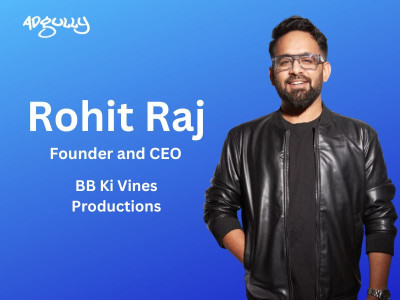

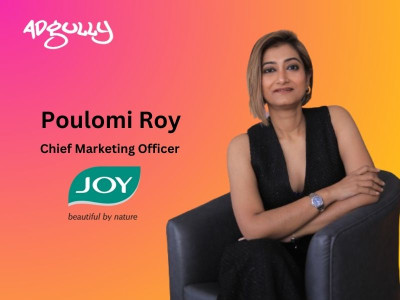


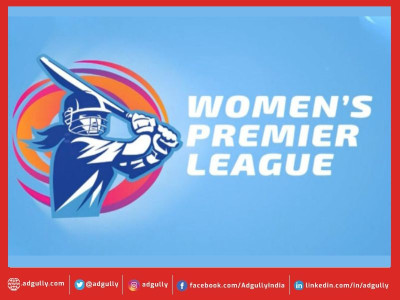
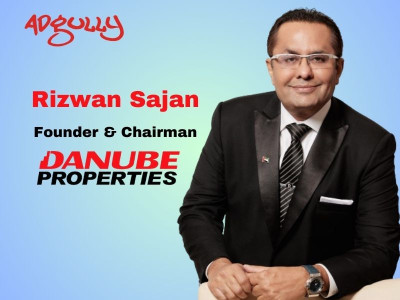
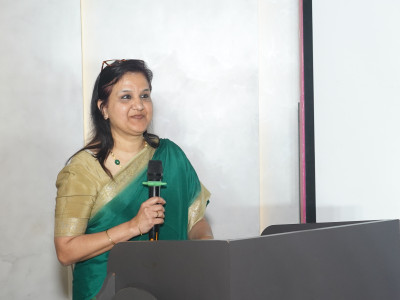


Share
Facebook
YouTube
Tweet
Twitter
LinkedIn